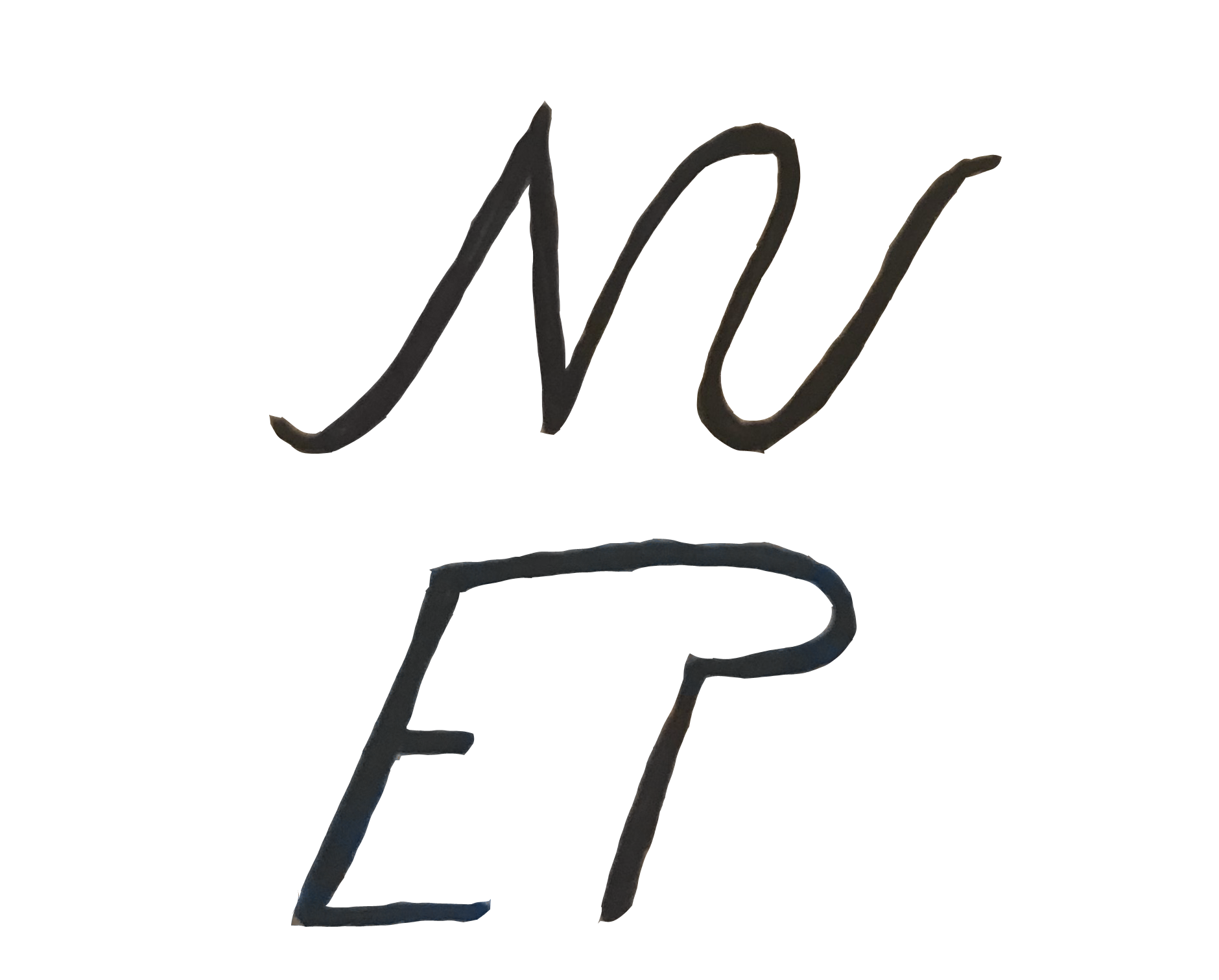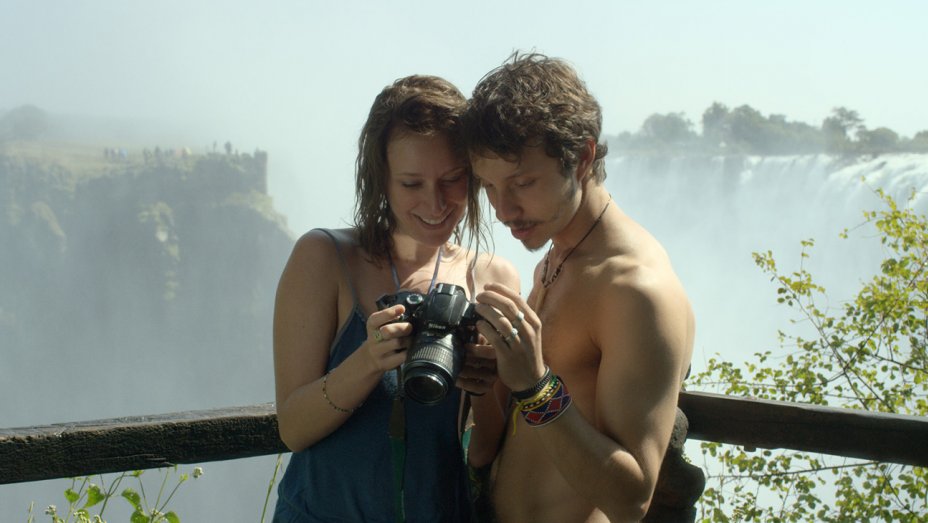62 Seminci
The 62nd edition of the Seminci film festival arrived last week to Valladolid (a city in the centre-north part of Spain). This year’s proposal was full of curious gems and not-really-worth-the-time pieces. Known as the Berlin Festival of Spain, usually many movies from Africa, Latin America or Asia are showed here, getting out of the usual Hollywood path and gives all the people that attends the festival another perspective on the contemporary cinema.
In this 62nd edition, there has been a diferentiation of sections depending on the content. In the Official Section, a specific selection of films are competing to win the different category awards. Some of the films that you need to take a look at are:
Carpinteros, a passionate Dominican film that shows the difficulties of love when being in jail; Como nossos país, the story of Rosa, a 38 year old woman from Sao Paulo (Brazil) who has a life crisis when she discovers both that her father is not who she always thought he was, and that her husband is surely cheating on her; Gabriel e a montanha, about a brazilian boy that decides to pass a year traveling the globe before startig his studies in the US and whose adventure don’t go as well as planned…; Hikari, the new film from the director of Sweet Bean (one of the most aclamated japanese films in these last years), which transmits a very pleasing and calming aura; Pokot, a very long but precious Polish gem, presenting an amazing old lady who lives of the nature as if her life depended on it, and makes us all want to be her when we grew old (at least I do). Also, if you can get your eyes on a short-film called A drowning man, about a palestinian man trying to survive in Athens, you won’t regret it.
Next, the Meeting Point Section, where films that are not in the contest but deserve a place in the festival and to be shown. In my opinion, many of these films should participate in the Official Section because of their amazing perspectives but… I’m not the one making the rules. The best ones of this corner and that really deserves attention are: La Belle et la Meute, a Tunisian look into the abusive world of administration in this country ruled by men; As duas Irenes, two girls that share the same father but don’t know each other and start a friendship just in the middle of the Brazilian sabana and Paris la blanche, the search of an Algerian woman for her lost husband in Paris, who has completely become another person.
Finally some documentaries worth seeing, a world that is not given much attention but which educate more than many books: Visages Villages, probably the last film of the more known woman director from the Nouvelle Vague era, Agnès Varda. It shows a pleasant journey through some cities and villages in France and their villagers while JR, a photographer who prints enourmous images in black and white and paste them into walls from all around the world. La Grieta, a spanish short-film made with little production that amazingly shows how the 2013 evictions happened in one of the many slums in Madrid. A really good filmed in-deep video chronicle about how the european financial system end with the little happiness of poor people succumbing to it. Dead donkeys fear no hyenas, that gets immersed in the struggle of Ethiopian farmers for their crops and domestic trade, away from the world’s export. Dream Songs, a very delicate look into the last hippies life in Ibiza. Coming to an end, Thank you for the rain, a home documentary preciously filmed about how the explotation of the fields and the tourism has affected Kenya and its citizens.
(Thumbnail photo by Martine x)




